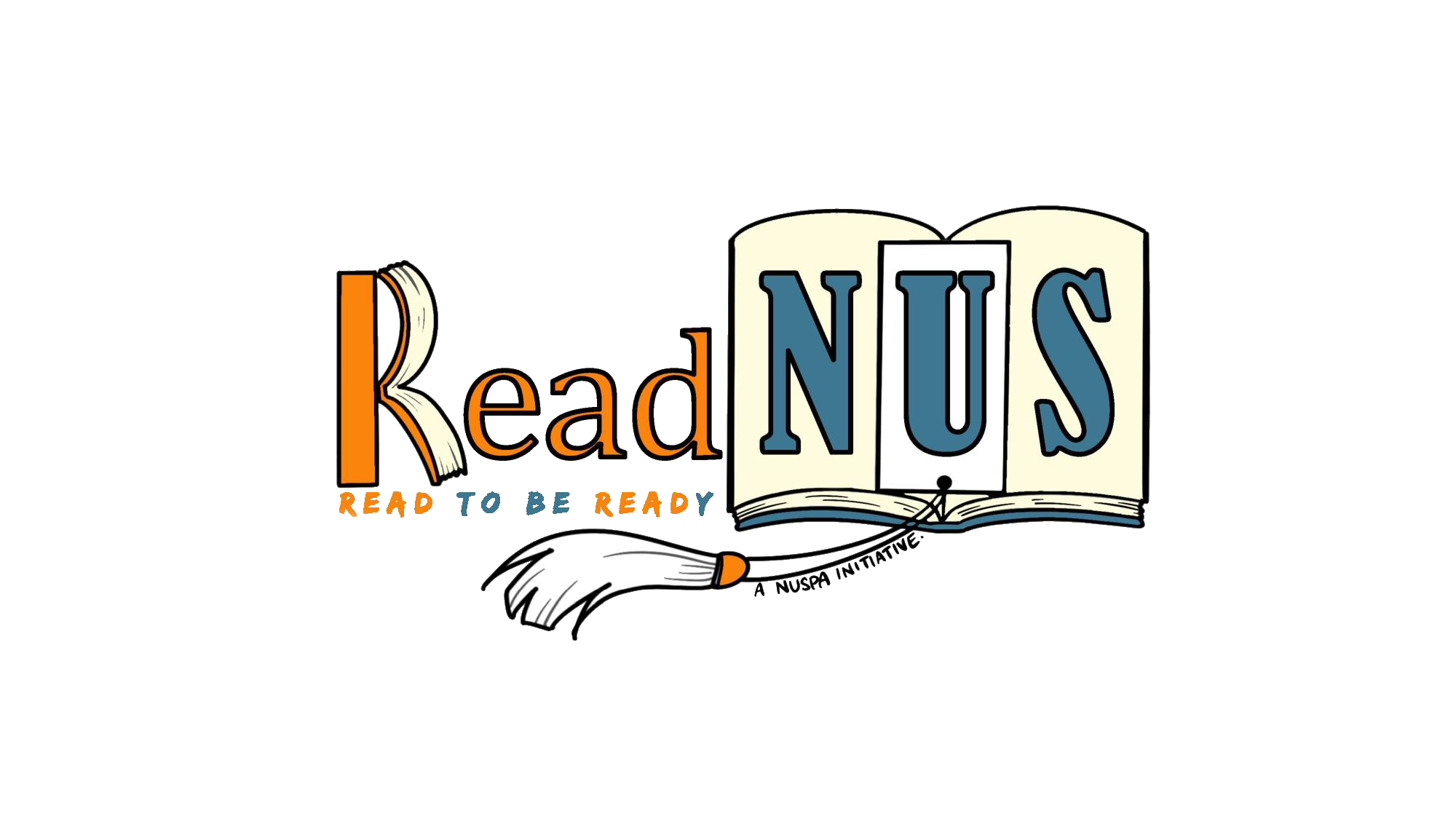Getting schooled on being educated
In its first year alone, Tara Westover’s Educated sold 6 million copies (by December 2020). Easily so, it won readers over with its gripping story of one woman’s struggle to break away from her isolationist, Mormon family — one of such readers, being me.
Aside from When Breath Becomes Air, no other memoir has moved me quite as much as this one. Here, Westover recounts her arduous years of being off-the-grid, with her Mormon father being paranoid about bureaucratic interference and supervision. As a result, Westover and her siblings were deprived from basic education, medical care, socialising, and even their basic birth certificates and identification cards. Instead, she was forced to scrap and recycle metal with her dad, while putting up with the whims of her mother’s homoeopathic practices. She was also abused at the hands of her older brother Shawn, and through her father’s negligent behaviours with metal scrapping.
When things finally came to a head, Tara was forced to pursue education — a goal that she saw her older brother, Tyler, pursue many years ago. Today, Tara has her PhD in History from Cambridge; a testament to the valiant willpower and courage she was forced to endure.
I was hooked on the writing.
When I first picked up this hefty chunk of a novel, I worried about whether I’d be able to finish it. To be entirely upfront, I only dropped this into my cart after seeing customers sweep in and out of the doors to demand for this book; only to be conveyed the disappointing news that it’s all sold out.
But the book was compelling and propulsive. After cautiously thumbing through the first few pages, I found myself poring over each page with what spare time I had. Even on the job (sorry bosses), I would interchange between supervising customers and desperately slotting in what fleeting breaks I had to get to the end of the book. To encapsulate its essence: Good, worth it, and amazing. I can attest to that, because in spite of having read this book more than 2 years ago in 2020, I still have its details and lines committed to memory. My copy is also plastered with sticky notes from cover-to-cover.
A large part of what contributed to its success, is, in my opinion, the fact that the writing is simple, unpretentious, and straightforward for readers. Many would call it a mass paperback style of writing. That, however, is not only condescending, but a much less salient point in the contextual significance of Tara’s scuffles and struggles. If anything, I contest that such unassuming writing makes this story all the more resonant and easy to digest, especially for how awful it is to stomach such content. Her sincerity is so apparent that it has bought me over from the book’s very first chapter.
What I take great admiration in, above all, is how uncritical and generous the author is. Even in sharing some bone-curdling and deeply abusive memories, Westover avails to be neutral and steers clear of any value-laden judgements and lambastations of her family. She doesn’t depend on straw man arguments and dramatisation; she only tells the facts. Oftentimes, she goes further to understand why they behave the way they do.
Get schooled!
Like its eponymous title, Educated is also about the power of self-education, education, and critical thought. Incrementally learning about Mathematics and Science through her self-study sessions, Westover eventually makes it to Brigham Young University. There, her eyes are opened to an entirely new world. Perhaps what is most captivating about this is that instead of looking inwards and closing people off (as she was taught to), she chooses to embrace these differing perspectives. This decision alone throttles her along to further education, and lifts her from the dregs of being isolated for years on end.
Education, as this memoir reflects, cannot be understated for how immensely powerful it is. In 2015, the United Nations outlined 17 Sustainable Development Goals (SDGs), one of which was Quality Education (no. 4). With Tara, we see how education has the capacity to empower, change people for good, and equip them with the requisite skills to identify and tackle their own problems. As a firm believer in education, this memoir has reinspired a love in me, particularly for the academics, arts, and sciences. I, too, hope it does the same for any reader who possesses the luck to stumble upon this gem.
How to read memoirs
Given how extreme this memoir appears to be, I find myself hard-pressed to not highlight some of its critiques.
Specifically in the case of Westover’s work, I find that a lot of memoir readers tend to be armchair judges. Pounding the gavel is easy when you’re not in the position of the author. Best of all, we preside over the various judgments and splay out our doubts of the genre, particularly by reasoning that ‘that might not have happened.’
And yet in the same vein alone, ‘it could’ve happened.’
The point of a memoir is not to validate what is right or wrong, true or false, or what is morally correct and incorrect. No memoir — and especially Westover’s — claims to be greater than itself, or to be a tome of fact and truth. Everyone tells the story through their lens; but that is how phenomenology is like, and how subjective recall and long-term memory is. Whereas it may not be ontologically reliable, it sure is on a subjective and personal level. After all, people always tell the truth, and it’s all a matter of which mirror we’re looking at. Ultimately, I hope you get to enjoy Westover’s Educated like I did, and learn something from it. Vulnerability is not easy, and this is the least we can do for someone’s trauma.
By: Yuki Koh Suat Nee
